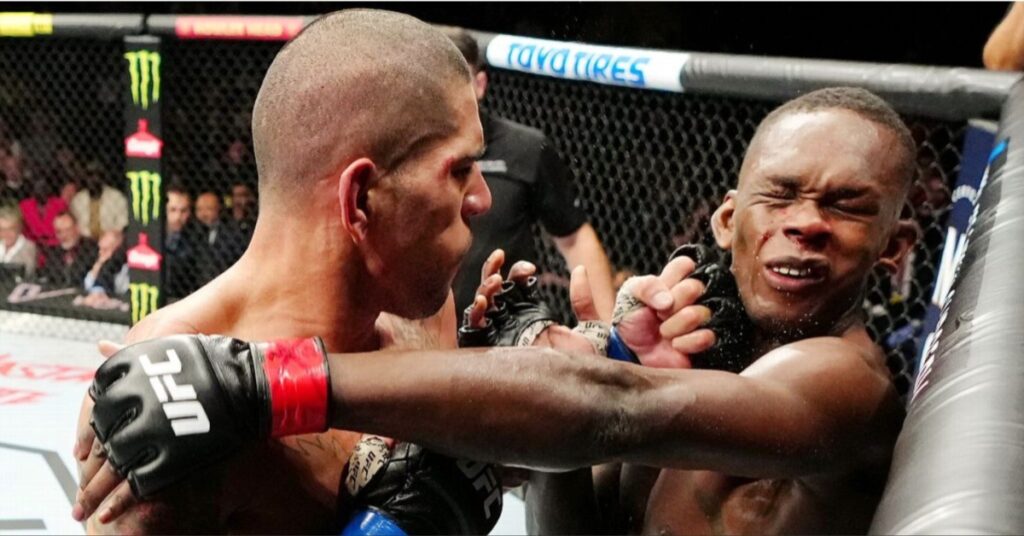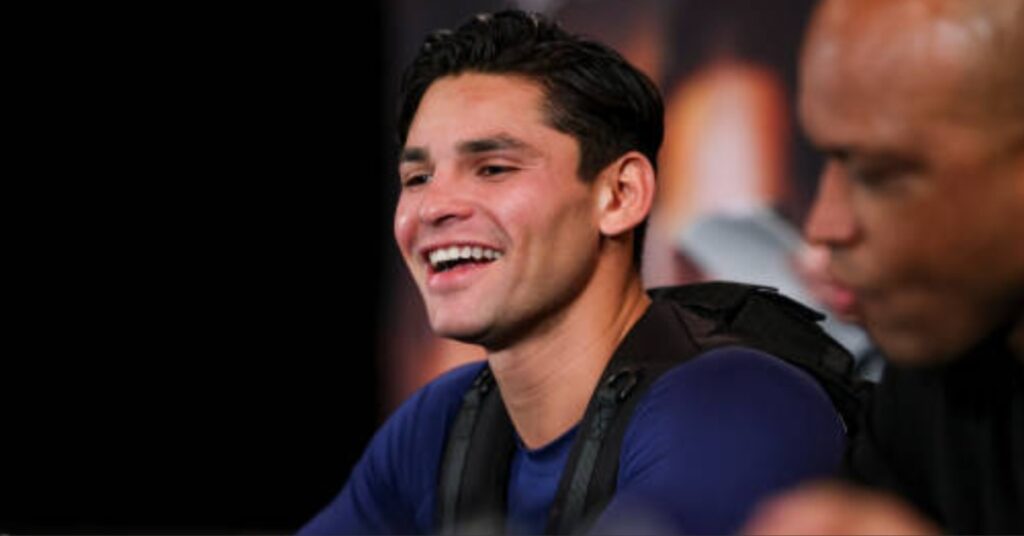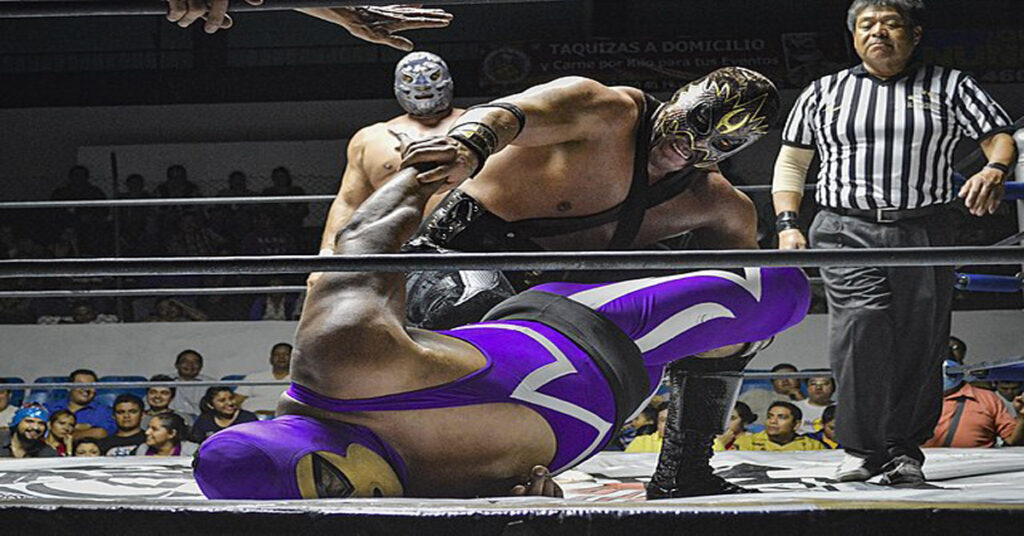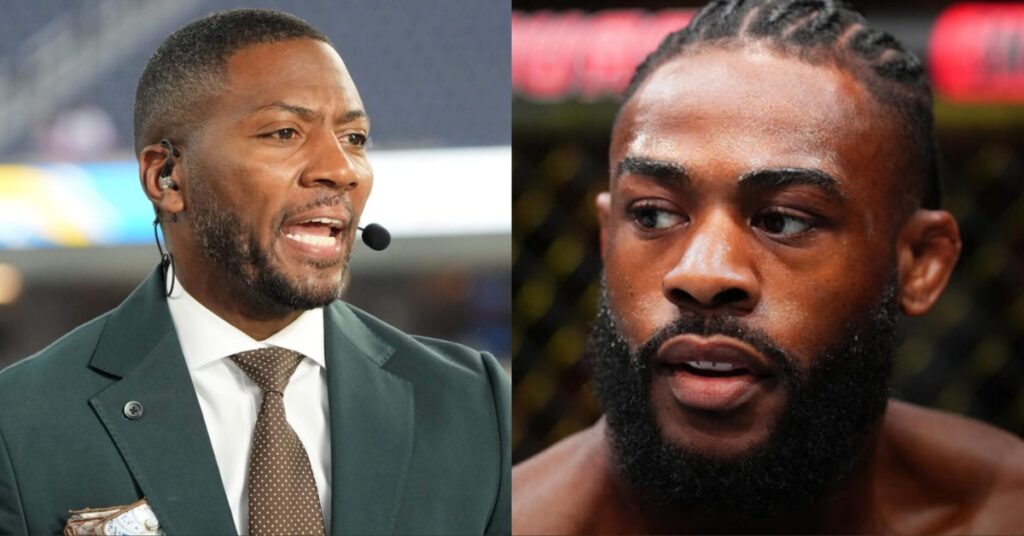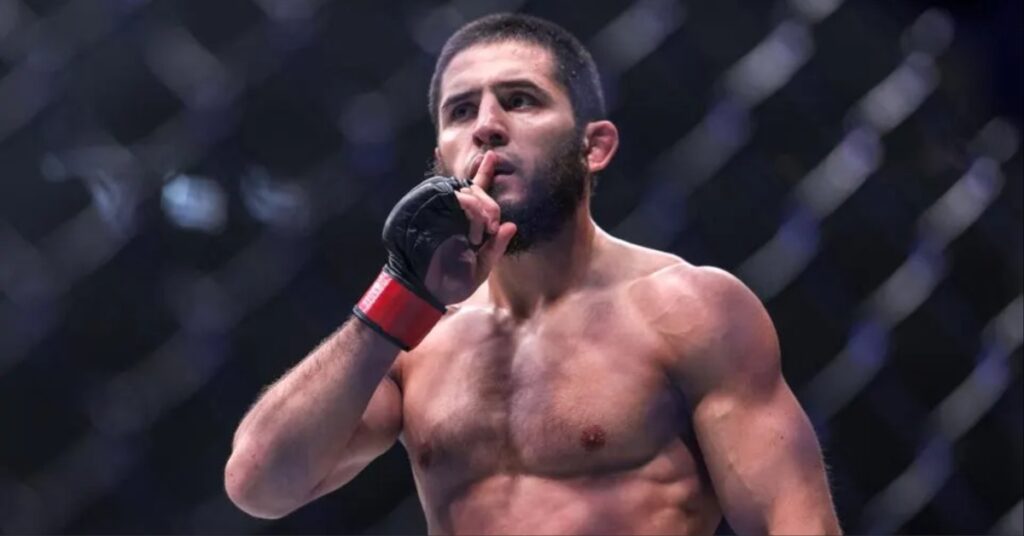Landmark Vegas-Based Research Study to Explore Brain Injury Prevention in Combat Sport Athletes

(RIP Gatti. One of the most solid chins in the game.)
In the wake of Gary Goodridge’s revelation last week that he has been diagnosed with early onset pugilistic dementia, a group from Las Vegas announced last week that it is spearheading a study to determine why some boxers and MMA fighters fall victim to brain injuries while others don’t.
According to the chief investigator from the group, the aim of the landmark project isn’t to try to have contact sports banned, but rather to come up with better methods of prevention when it comes to protecting fighters from acquiring irreversible neurological damage.
“You can’t stop these sports, and the last thing we want to do is stop these sports,” Dr. Charles Bernick, the chief investigator for the project told the Sac Bee. “But we want to be able to protect athletes from long-term brain issues.”
Although Goodridge’s condition is the first major noted case of a head trauma-related brain disorder in the history relatively young sport of MMA, there is a long list of notable boxers in the past century who have suffered from traumatic accumulative brain injuries.
Joe Louis had dementia symptoms attributed to his boxing career. Sugar Ray Robinson, who logged 1,403 rounds as a professional fighter, developed Alzheimer’s disease. Jerry Quarry, a heavyweight contender who fought Muhammad Ali twice, died at age of 53 from complications brought on by dementia pugilistica. Quarry’s brother and fellow former boxer, Mike, died from the same thing at age of 55.
Bernick says that around 150 current boxers and mixed martial arts fighters have already taken their first set of tests for the planned four-year study, which is funded mostly by Las Vegas hotel magnate Kirk Kerkorian. Testing is done at Cleveland Clinic’s Lou Ruvo Center for Brain Health in downtown Las Vegas. They hope to quadruple the number of participants.
One perk for fighters involved in the investigation is they receive a free MRI scan to set the baseline for the testing. Fighters typically, especially ones who compete for smaller shows and who pay for their own medical costs, opt for CT scans, which are less expensive, yet have greater health risks, including cancer. MRIs can cost anywhere between $800 and $1000.
Those who have signed up for the study applaud the group for its efforts.
“It’s my profession and I want to pursue a long, healthy life,” said Diego Magdaleno, an undefeated super featherweight currently ranked No. 2 by the World Boxing Association. “If there is anything that will help me keep from going into the deep end with any kind of severe injury I’m all for it. When I first heard about it I wasn’t too interested because I didn’t understand it all, but after it was explained to me, I’m all for it. I want to be an inspiration to others and make them come in and do their tests, too.”
Besides looking into whether or not there is a clear-cut reason why some fighters develop Alzheimer’s or PD , Bernick says they are hopeful they will be able to come to a better understanding of the physiology of the conditions to help them predict which fighters are more at risk for brain damage later in their lives.
“Our study is not to prove that getting hit in the head will lead to brain damage. We know that already in some sense,” he said. “We know being exposed to repetitive blows to the head is a risk factor to developing these conditions, but you can’t prove it in any one person unless you have an autopsy.We don’t know why two individuals both exposed to the same number of blows and years of fighting, why one person develops chronic brain disorders and one doesn’t. When it comes to cumulative head trauma there are many, many things we just don’t know.”
In their initial examination fighters undergo an MRI and a series of cognitive and memory tests as well as quizzes that test for judgment and reasoning. Doctors look for signs of impulsiveness and depression that could be linked to past head trauma. These tests will be used as a baseline for annual checks and will be put together with other data collected during the study to see if there are common links between the subjects.
“We would hope it would go on forever, but we need at least four years,” Bernick said. “We hope to learn enough by then to give us some insight into what happens in real time to individuals involved in activities where they are exposed to head trauma.”
Boxing promoter Bob Arum seems somewhat optimistic about the project.
“A lot of questions people have about when is enough enough will be able to be somewhat solved by what’s being done there,” Arum said. “We’ll have a body of facts and evidence that we never had before.”

